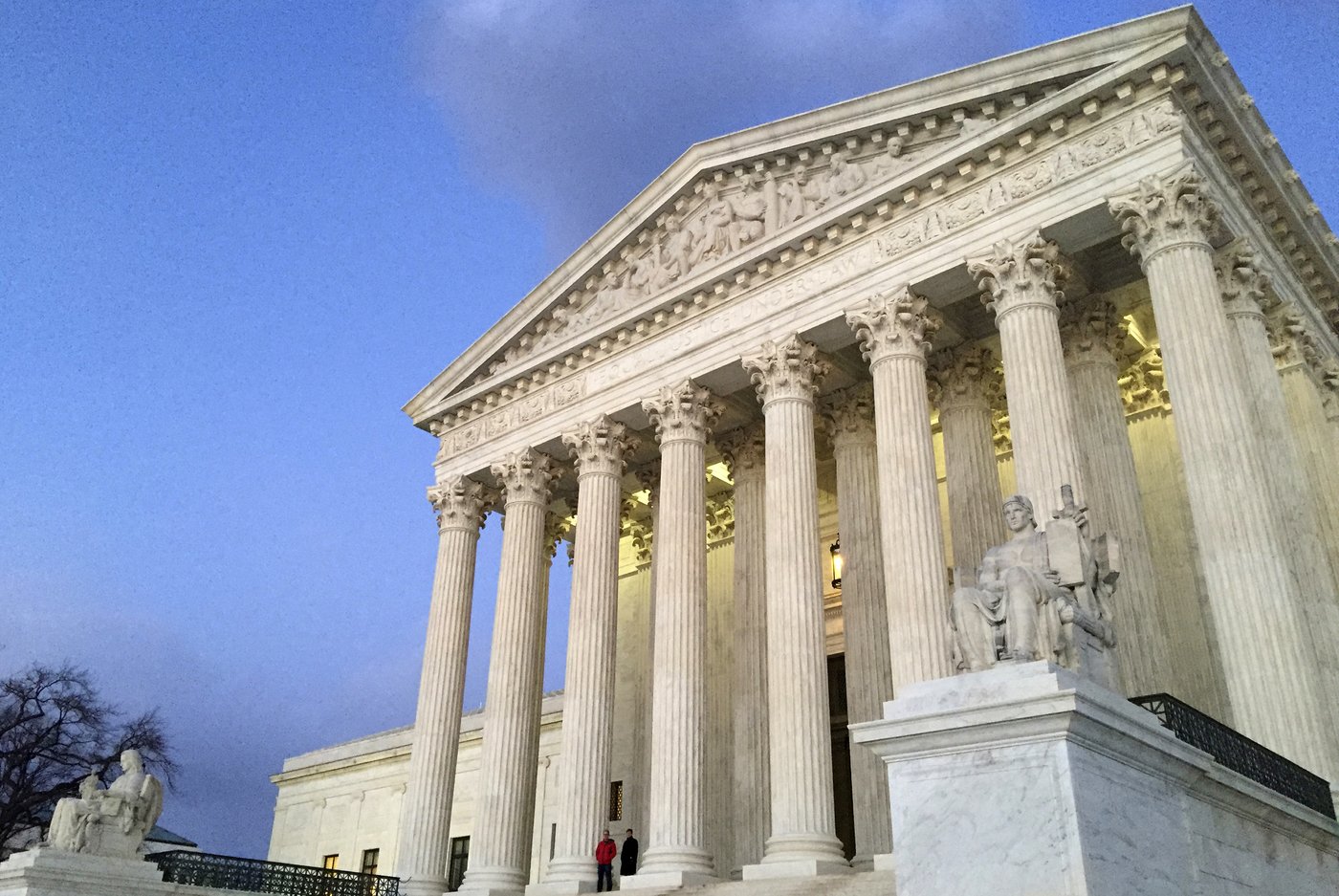Elevate your local knowledge
Sign up for the iNFOnews newsletter today!

WASHINGTON (AP) — The Supreme Court on Monday left in place Mississippi’s Jim Crow-era practice of removing voting rights from people convicted of certain felonies, including nonviolent crimes such as forgery and timber theft.
The justices, without comment, turned away an appeal from Mississippi residents who have completed their sentences, but who have been unable to regain their right to vote.
The court’s action let stand a ruling by the full 5th U.S. Circuit Court of Appeals that rejected the claim that permanent loss of voting rights amounted to cruel and unusual punishment in violation of the Constitution. Mississippi legislators, not the courts, must decide whether to change the laws, the 5th circuit said.
Using different legal arguments, lawyers failed to get the Supreme Court to take up the felon disenfranchisement issue in 2023, over a dissent from Justice Ketanji Brown Jackson that was joined by Justice Sonia Sotomayor. Mississippi’s list of disqualifying crimes was “adopted for an illicit discriminatory purpose,” Jackson wrote.
No justice noted a dissent from Monday’s order.
Most of the people affected are disenfranchised for life because the state provides few options for restoring ballot access. Lawyers who brought the case to the court argued that the state is an outlier and its bar on voting is a vestige of segregation.
Authors of the state’s 1890 constitution based disenfranchisement on a list of crimes they thought Black people were more likely to commit, the lawyers argued. But the state responded that the Supreme Court has previously made clear that states may refuse to deny the right to vote to people convicted of felonies.
About 38% of Mississippi residents are Black. Nearly 50,000 people were disenfranchised under the state’s felony voting ban between 1994 and 2017. More than 29,000 of them have completed their sentences, and about 58% of that group are Black, according to an expert who analyzed data for plaintiffs challenging the voting ban.
To regain voting rights in Mississippi, a person convicted of a disenfranchising crime must receive a governor’s pardon or win permission from two-thirds of the state House and Senate. In recent years, legislators have restored voting rights for only a few people.
Want to share your thoughts, add context, or connect with others in your community?
You must be logged in to post a comment.